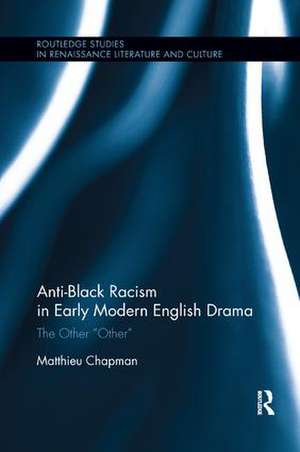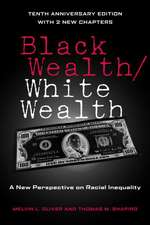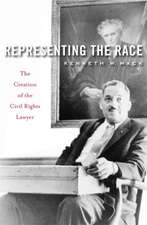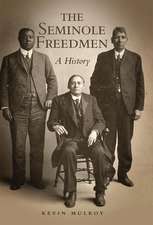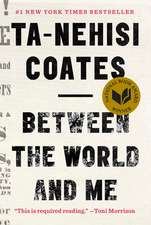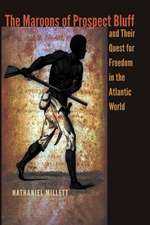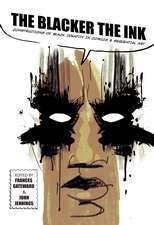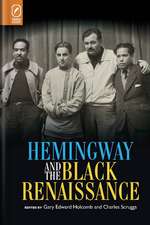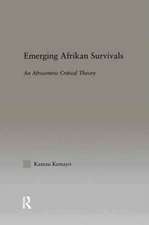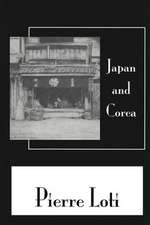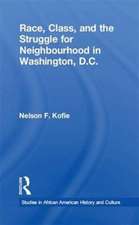Anti-Black Racism in Early Modern English Drama: The Other “Other”: Routledge Studies in Renaissance Literature and Culture
Autor Matthieu Chapmanen Limba Engleză Paperback – 17 ian 2019
| Toate formatele și edițiile | Preț | Express |
|---|---|---|
| Paperback (1) | 339.87 lei 3-5 săpt. | +16.56 lei 6-10 zile |
| Taylor & Francis – 17 ian 2019 | 339.87 lei 3-5 săpt. | +16.56 lei 6-10 zile |
| Hardback (1) | 1053.92 lei 6-8 săpt. | |
| Taylor & Francis – 8 dec 2016 | 1053.92 lei 6-8 săpt. |
Din seria Routledge Studies in Renaissance Literature and Culture
-
 Preț: 311.41 lei
Preț: 311.41 lei -
 Preț: 714.57 lei
Preț: 714.57 lei -
 Preț: 310.43 lei
Preț: 310.43 lei -
 Preț: 485.40 lei
Preț: 485.40 lei -
 Preț: 446.95 lei
Preț: 446.95 lei - 18%
 Preț: 1053.16 lei
Preț: 1053.16 lei -
 Preț: 443.65 lei
Preț: 443.65 lei - 18%
 Preț: 1001.90 lei
Preț: 1001.90 lei - 18%
 Preț: 1110.77 lei
Preț: 1110.77 lei -
 Preț: 282.95 lei
Preț: 282.95 lei - 18%
 Preț: 1109.18 lei
Preț: 1109.18 lei - 18%
 Preț: 1053.16 lei
Preț: 1053.16 lei -
 Preț: 389.38 lei
Preț: 389.38 lei - 26%
 Preț: 763.78 lei
Preț: 763.78 lei -
 Preț: 440.97 lei
Preț: 440.97 lei - 26%
 Preț: 764.62 lei
Preț: 764.62 lei - 13%
 Preț: 321.08 lei
Preț: 321.08 lei - 26%
 Preț: 765.01 lei
Preț: 765.01 lei -
 Preț: 433.26 lei
Preț: 433.26 lei - 18%
 Preț: 1062.26 lei
Preț: 1062.26 lei - 18%
 Preț: 1115.69 lei
Preț: 1115.69 lei - 18%
 Preț: 1105.24 lei
Preț: 1105.24 lei - 18%
 Preț: 1057.09 lei
Preț: 1057.09 lei - 18%
 Preț: 1061.22 lei
Preț: 1061.22 lei - 18%
 Preț: 1138.65 lei
Preț: 1138.65 lei -
 Preț: 387.49 lei
Preț: 387.49 lei - 18%
 Preț: 1053.92 lei
Preț: 1053.92 lei -
 Preț: 487.19 lei
Preț: 487.19 lei - 26%
 Preț: 762.57 lei
Preț: 762.57 lei -
 Preț: 416.22 lei
Preț: 416.22 lei - 18%
 Preț: 1111.55 lei
Preț: 1111.55 lei - 18%
 Preț: 1040.35 lei
Preț: 1040.35 lei - 18%
 Preț: 1000.27 lei
Preț: 1000.27 lei - 26%
 Preț: 847.73 lei
Preț: 847.73 lei - 26%
 Preț: 849.48 lei
Preț: 849.48 lei - 18%
 Preț: 1055.51 lei
Preț: 1055.51 lei - 18%
 Preț: 1050.09 lei
Preț: 1050.09 lei - 26%
 Preț: 765.77 lei
Preț: 765.77 lei
Preț: 339.87 lei
Nou
Puncte Express: 510
Preț estimativ în valută:
65.04€ • 67.19$ • 54.13£
65.04€ • 67.19$ • 54.13£
Carte disponibilă
Livrare economică 05-19 martie
Livrare express 18-22 februarie pentru 26.55 lei
Preluare comenzi: 021 569.72.76
Specificații
ISBN-13: 9780367140304
ISBN-10: 0367140306
Pagini: 200
Dimensiuni: 152 x 229 x 22 mm
Greutate: 0.29 kg
Ediția:1
Editura: Taylor & Francis
Colecția Routledge
Seria Routledge Studies in Renaissance Literature and Culture
Locul publicării:Oxford, United Kingdom
ISBN-10: 0367140306
Pagini: 200
Dimensiuni: 152 x 229 x 22 mm
Greutate: 0.29 kg
Ediția:1
Editura: Taylor & Francis
Colecția Routledge
Seria Routledge Studies in Renaissance Literature and Culture
Locul publicării:Oxford, United Kingdom
Public țintă
Postgraduate and UndergraduateCuprins
Introduction
1. Staging Blackness: The Incapacity for Interlocution
2. "If They Were Black, One Would Not Feel It So Much": Racial Discourse Separating Moors From Blacks in Early Modern England.
3. Primary Encounters with Subjects and Slaves: Comparing the Descriptions of North Americans and Africans in the Narratives of John Hawkins and William Davenant’s The Cruelty of the Spaniards in Peru
4. Aaron's Incorporation and the Destruction of Civil Society
5. Othello IS a White Man: The Subjectivity of the "Other" in Othello
1. Staging Blackness: The Incapacity for Interlocution
2. "If They Were Black, One Would Not Feel It So Much": Racial Discourse Separating Moors From Blacks in Early Modern England.
3. Primary Encounters with Subjects and Slaves: Comparing the Descriptions of North Americans and Africans in the Narratives of John Hawkins and William Davenant’s The Cruelty of the Spaniards in Peru
4. Aaron's Incorporation and the Destruction of Civil Society
5. Othello IS a White Man: The Subjectivity of the "Other" in Othello
Notă biografică
Matthieu Chapman is an Assistant Professor of Theatre at Central Washington University.
Descriere
Using contemporary Afro-pessimist theories as a foundation for structural analyses of race in the Early Modern Period, this book addresses how race functioned not only as a marker of human identity, but also as an a priori constituent of human subjectivity. Via Othello, Titus Andronicus, and other plays, it argues that Blackness is the marker of social death that allows for constructions of human identity to become transmutable based on the impossibility of recognition and incorporation for Blackness into humanity. It will be an essential volume for those with interest in Renaissance Literature and Culture, Shakespeare, Contemporary Performance Theory, Black Studies, and Ethnic Studies.
